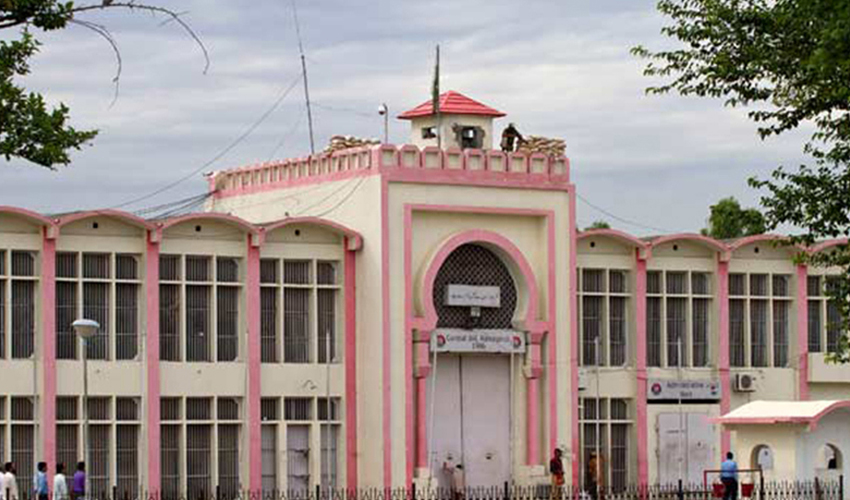Zafar Iqbal
Trust between the state and the public is crucial for several reasons. First and foremost, trust fosters stability and unity within a society. When the public trusts the state, there is a stronger sense of social cohesion and cooperation, leading to a more peaceful and harmonious community.
Additionally, trust in the state encourages citizen participation and engagement in the democratic process. When people believe that their voices are heard and that the government is working in their best interests, they are more likely to actively contribute to the betterment of their society through voting, civic engagement, and constructive feedback.
Moreover, trust is essential for the effective functioning of institutions and the rule of law. When citizens have confidence in the legal and governmental systems, they are more likely to comply with laws and regulations, leading to a more orderly and just society.
Finally, trust is vital for economic development. When there is trust in the stability and integrity of the state, both domestic and foreign investors are more inclined to invest in the country, leading to economic growth, job creation, and prosperity for the populace.
In summary, trust between the state and the public is important because it underpins social cohesion, democratic participation, institutional effectiveness, and economic development within a society.
Niall Ferguson, a Scottish-American historian, has underscored the pivotal role of trust in the prosperity of societies. He posits that high-trust societies are those that can construct robust institutions and establish the rule of law, forging an organic social contract. In view of these benchmarks, Pakistan stands at a critical juncture, compelled to confront its societal shortcomings and chart a new path towards hope and positivity, with the potential for significant positive change.
A heterogeneous nation of 245 million people, Pakistan is currently grappling with a multitude of issues. Despite seven decades of independence, the country has failed to establish a viable social contract. This predicament can be attributed to a history of compromising with self-serving elements, as well as the experimentation with ‘hybrid forms of governance ‘, a term used to describe a mix of democratic and autocratic practices. These hybrid forms of governance have proven unsustainable due to the lack of checks and balances, leading to the decay of national institutions and a looming collision course.
A candid introspection reveals that the nation has been misled in the name of democracy and national security, resulting in a state of societal discord, rising parochialism, and a pervasive sense of marginalization. Additionally, the ‘scourge of terrorism ‘, a term used to describe the persistent threat of extremist violence, and ‘complex regional dynamics ‘, which include geopolitical tensions and conflicts with neighbouring countries, have further exacerbated the challenges facing the nation. These factors have eroded trust in the government’s ability to maintain security and stability, contributing to the trust deficit.
The 50th anniversary of the 1973 Constitution was marred by its unceremonious abandonment, symbolizing a departure from constitutionalism. The 1973 Constitution, which was a landmark in Pakistan’s history, established a federal parliamentary system, defined the rights and responsibilities of citizens, and set the framework for the country’s governance. Political forces bear responsibility for this grave transgression, which has left the society devoid of the rule of law and marginalized the will of the people within a centralized state apparatus.
Presently, Pakistan grapples with a state of confusion, characterized by formidable challenges in economic revival and the restoration of public trust in the state’s institutions. Political stability remains tenuous, marked by confrontational politics and a reluctance to compromise, while even the judiciary has fallen victim to compromise and controversy.
Relying on international lenders, particularly the IMF, has further strained the nation, saddling it with burdensome debt and impeding social mobility. Skyrocketing inflation and unemployment have fueled discontent, leading to a significant portion of the population languishing below the poverty line. This situation is exacerbated by ‘elite capture ‘, a term used to describe the concentration of power and resources in the hands of a few, which hampers equitable development and social progress.
The way forward necessitates embracing generational change and empowering the people of Pakistan to make their own choices. The imposition of solutions from elite circles has proven ineffective, and Pakistan can draw inspiration from the experiences of other nations such as Bangladesh and India, which have made strides by adhering to the will of the people. It is of utmost importance to respect and uphold the principles enshrined in the 1973 Constitution, a cornerstone of our nation’s survival.
Each stakeholder must fulfil their respective roles and refrain from encroaching on others’ domains. While this may be a consensus among stakeholders, the challenge lies in translating this understanding into tangible action.
The proverb “even a correct decision is wrong when taken too late” serves as a poignant reminder of the urgency required to address the nation’s predicament. It is crucial to embrace a national character of humility and acknowledge the truth promptly to help overcome the trust deficit and ensure the survival of Pakistan as a nation-state.
















